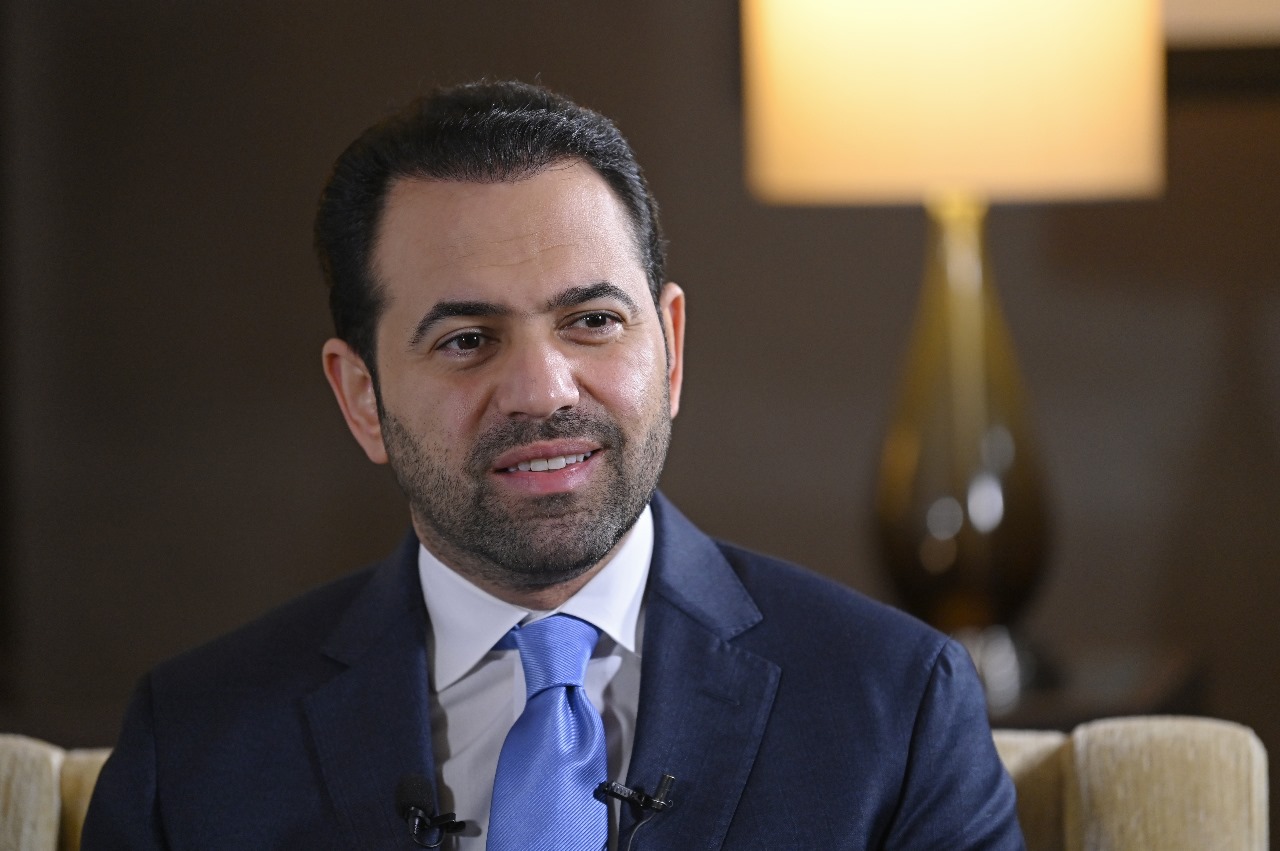مجلس حكماء المسلمين يشارك في جلسة حوارية عقدتها منظمة "أديان من أجل السلام" ضمن فعاليات جناح الأديان بـCOP29
الأمين العام لمجلس حكماء المسلمين: جناح الأديان يمثل مبادرة تاريخية أثبتت أن الإيمان يجب أن يكون فاعلًا في مواجهة التحديات التي تواجه الإنسانية
الأمين العام لمجلس حكماء المسلمين: التحديات المناخية تؤثر على الجميع وتضع الإنسانية أمام اختبار مصيري
المستشار محمد عبد السلام: مجلس حكماء المسلمين يؤمن بأهمية استثمار الرصيد الروحي للأديان في مواجهة الأزمات العالميَّة وخدمة قضايا الإنسانيَّة
أكَّد الأمين العام لمجلس حكماء المسلمين، سعادة المستشار محمد عبد السلام، أنَّ جناح الأديان في مؤتمري الأطراف COP28 و COP29، يعد مبادرة تاريخية أثبتت أن الإيمان لا ينبغي أن يظل محدودًا في إطار الممارسات الدينية التقليدية، بل يجب أن يكون حاضرًا وفاعلًا في مواجهة التحديات الكبرى التي تواجه الإنسانية، وعلى رأسها أزمة المناخ، مشيرًا إلى أن حوار الأديان قادر على توحيد الجهود لتحقيق السلام وتعزيز الأخوة، والعمل المشترك من أجل حماية كوكبنا وضمان مستقبل آمن ومستدام لأجيالنا القادمة.
وقال الأمين العام لمجلس حكماء المسلمين، في الجلسة الحوارية التي عقدتها منظمة "أديان من أجل السلام" ضمن فعاليات جناح الأديان بـCOP29، وجاءت بعنوان:" "الإيمان في العمل: التعاون متعدد الأديان، ومتعدد القطاعات، وعبر الأجيال من أجل بناء مستقبل أفضل"، إن الإيمان ليس مجرد اعتقاد روحي أو تجربة شخصية، بل هو علاقة ديناميكية تربط بين المعتقد والسلوك، وبين القيم والممارسات الفردية والجماعية، مشيرًا إلى أن الأفعال والسلوكيات هي التي تعكس حقيقة المعتقدات التي نحملها، وعندما نترجم إيماننا إلى أفعال ملموسة، فإنه يتجسد في خدمة الإنسانية، ومساعدة المحتاجين والفقراء والمهمشين والضعفاء، ونشر قيم السلام والتعايش.
وأضاف أن التَّحديات الكبرى، وعلى رأسها التغيرات المناخية، تضع الإنسانيَّة أمام اختبار مصيري، موضحًا أن مجلس حكماء المسلمين برئاسة فضيلة الإمام الأكبر أ. د. أحمد الطيب، شيخ الأزهر الشريف، لديه إيمان راسخ بأهمية استثمار الرصيد الروحي للأديان في مواجهة الأزمات العالمية، والاستفادة من القوة الفاعلة للدين لخدمة قضايا الإنسانية، لما لها من تأثير عميق في توجيه المجتمع نحو العمل المشترك والمسؤول، وفي هذا الإطار أطلق المجلس مبادرات رائدة مثل حوار الشرق والغرب، وقوافل السلام، ومنتدى شباب صنَّاع السلام، والقمة العالمية لقادة ورموز الأديان من أجل المناخ التي تُوِّجت بتنظيم جناح الأديان الأول من نوعه في تاريخ مؤتمرات الأطراف.
وأشار الأمين العام إلى أنَّ اجتماع قادة ورموز الأديان يشكل فرصة حقيقية لتوحيد الجهود وتعزيز التعاون بين هذه النخبة المتميزة من المؤسسات والشخصيات البارزة، التي تسعى جاهدة إلى نشر القيم الدينية وترسيخ رسالتها، والعمل على بلورة إستراتيجيات مشتركة تسهم في بناء مستقبل أفضل للجميع، داعيًا إلى مواصلة العمل لإيصال صوت الدين من أجل السلام، و الأخوة، ومواجهة أزمة المناخ التي تهدد أطفالنا والأجيال القادمة، معربًا عن أمله في أن تسهم هذه الجهود عن نتائج تخدم البشرية وتخفِّف من مخاوفنا بشأن مستقبل التغير المناخي.

